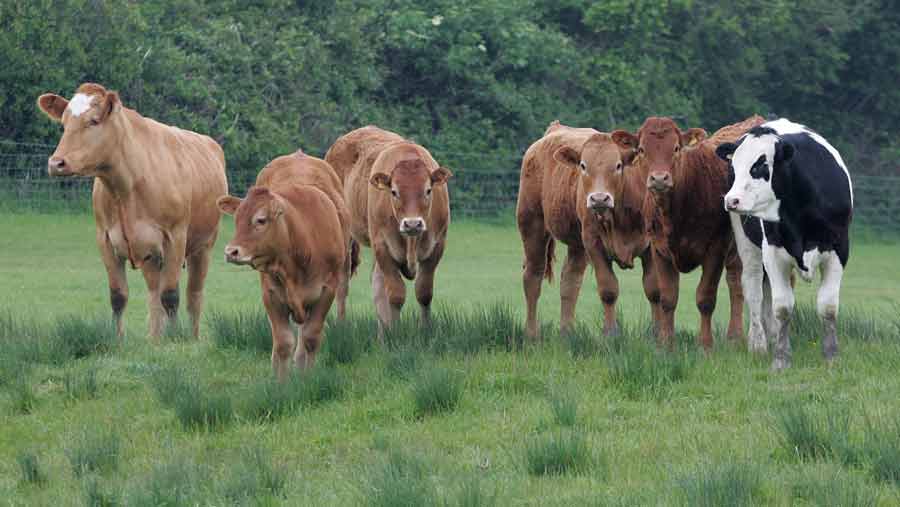Timeline revealed for farm policy shift in Northern Ireland
 © Tim Scrivener
© Tim Scrivener Farmers in Northern Ireland have been given a clear indication of how and when they will transition to a new farm support regime, though the Basic Payment Scheme is set to continue unchanged for another two years.
Setting out the timeline for the so-called Farm Support and Development Programme, Norman Fulton, who heads food and farming within the department of agriculture (Daera), insisted there would be no change to BPS in 2023 or 2024.
See also: Direct payments to deliver post-Brexit farm support in NI
“The new schemes and measures will be phased in over a number of years and at this point farmers do not need to take any action other than familiarise themselves with the announcement,” he said.
He then set out a timeline for delivery, which will start with a tendering process for a new ruminant genetics programme this month.
Other key elements include:
- A new “carbon benchmarking” programme to start in autumn 2023, to help farmers understand their carbon footprints
- A “farming for the generations” pilot to start in autumn 2023, to help with succession planning
- “Farming with nature” pilots to start in late 2023, looking at how to pay for environmental delivery
- A “beef carbon reduction” scheme to open in early 2024, to pay farmers to reduce the slaughter ages of beef cattle
- “Capital investment measures” from late 2024, to encourage new, lower carbon technologies
- A “suckler cow measure” from early 2025, to incentivise farm businesses to reduce the age at first calving and/or calving interval of suckler cows
- A “farm sustainability transition payment” from 2025, fully operational in 2026, to replace BPS, but with extra conditionality
The Ulster Farmers Union (UFU) described the announcement of the timeline as “positive”.
“It is now critical that Daera effectively communicates with farmers about the new schemes and measures that will be phased in over the next number of years,” said UFU president David Brown.
